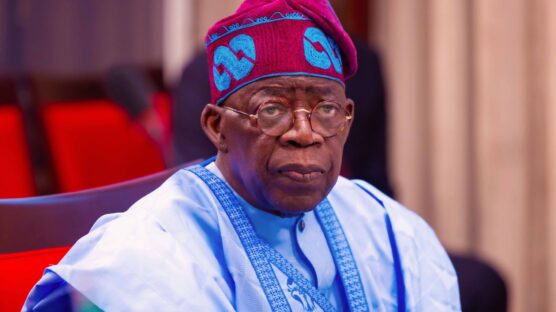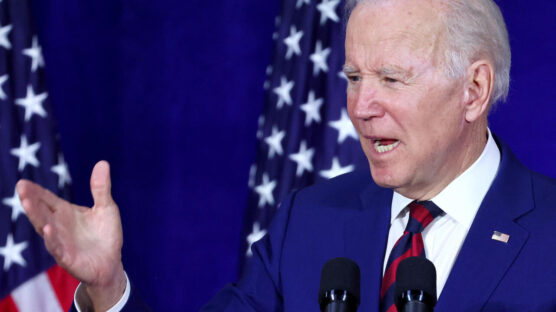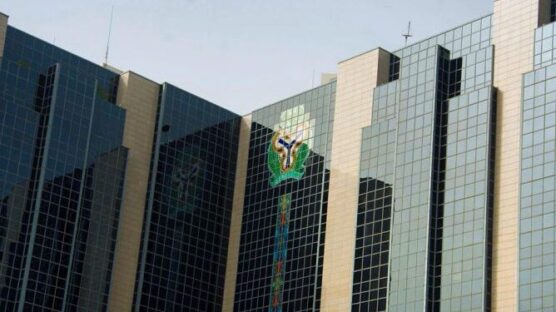Biden orders largest-ever release of US oil reserves
By France24
03 April 2022 |
11:11 am
US President Joe Biden has ordered the release of 180 million barrels of oil from the country's Strategic Petroleum Reserve. It's the third such move in six months, but the biggest amount on record, in an effort to lower soaring petrol prices. Also in the show: the EU faces a potential shortage of natural gas as Vladimir Putin doubles down on his demand for payment in roubles, and inflation in France hits its highest level since 1997.
In this article
Related
Related
13 Apr
Nigeria’s Minister of Finance, Wale Edun says 4.83 trillion naira from T-Bills and Bonds issued in the first quarter of this year was used to pay part of the Ways and Means advances from the Central Bank of Nigeria. Sam Chidoka, CEO of Kairos Capital joins CNBC Africa for more on this discussion and Nigeria's debt management strategy.
3 days ago
A year after Lula came to power, his gamble has paid off: deforestation has been halved in the Amazon. But this success comes at the cost of sacrificing another ecosystem that's just as vital to Brazil: the Cerrado.
13 Apr
US President Joe Biden seems set for an election rematch with Donald Trump. But in a shift from four years ago, polls indicate a majority of voters think he's too old to do the job. The number includes more than 60 percent of Biden's own supporters.
3 days ago
A former US diplomat has been sentenced to 15 years in prison for spying for Cuba for decades. The incident has been called "one of the highest-reaching and longest-lasting infiltrations of the US government."
3 days ago
Some top Nigerian banks are eyeing the international and local capital markets to raise fresh capital in a bid to meet the recapitalisation exercise by the Central Bank of Nigeria. Egie Akpata, Chairman of Skymark Partners joins CNBC Africa to examine options available to banks.
1 day ago
According to the International Monetary Fund (IMF), a 10% rise in the dollar on the currency market would push down real gross domestic product (GDP) in emerging economies by 1.9% after one year, with adverse economic effects lasting more than two years
Latest
3 hours ago
Kenya's military chief Gen. Francis Ogolla, was among 10 people killed in a helicopter crash in the Cheptulel area of Kenya's Rift Valley region, on Thursday, Kenyan President William Ruto confirmed.
3 hours ago
Viral publications on social media are claiming that Princess Salma of Jordan shot down six Iranian drones late on Saturday. Jordan is the latest target of misinformation following its role in defending Israel against Iran's drone and missile attack. We explain in this edition of Truth or Fake.
3 hours ago
Canada's Peel Region police said Wednesday (April 17) that nine people, including Air Canada employees, are facing charges in connection to the $20 million Toronto Pearson airport gold heist that was meticulously carried out exactly one year ago.
1 day ago
Find these stories and much more when you grab a copy of The Guardian on Friday.
1 day ago
Housing is the social issue of the 21st century, German politicians and experts say time and again. And yet there's no improvement in sight, especially in cities, where affordable housing is in short supply.
1 day ago
As the US government and its allies mull new sanctions on Iran after Tehran's missile and drone attack on Israel, we look at whether existing sanctions have been effective at stemming the flow of Iranian oil to global markets.
×

Get the latest news delivered straight to your inbox every day of the week. Stay informed with the Guardian’s leading coverage of Nigerian and world news, business, technology and sports.


















0 Comments
We will review and take appropriate action.